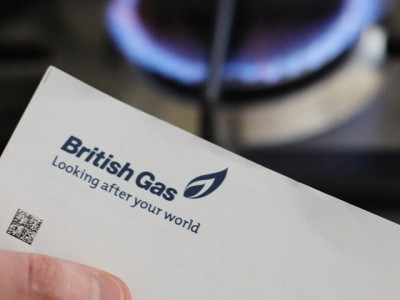
Sudden and unexpected changes in policy have “spooked” investors and could push up the costs to households of building much needed new energy projects, MPs have warned.
Numerous policy changes since the election – such as subsidy cuts for onshore wind, solar and biomass, cancelling funding for clean technology for power stations and ditching home energy efficiency measures – had damaged investor confidence, they said
Energy scheme backers had been left wondering “what will be next?” in the wake of decisions made without transparency or consulting the sector, a hard-hitting report from the parliamentary Energy and Climate Change committee said.
Mixed messages raised questions over the Government’s commitment to tackling climate change and the long term vision for energy, and were causing some investors to put projects on hold, the report said.
These included claiming to want to cut carbon at the lowest cost while halting cheap onshore wind, giving local people a say in wind projects but not shale gas schemes, and backing gas while scrapping the £1 billion competition to develop technology to capture and store carbon from power plants.
The contradictory messages and the “cliff-edge” looming in 2020 – when the existing budget for low carbon subsidies ended – made it hard for investors to make decisions on projects that will take many years to complete, the MPs warned.
The Government has said it has made the changes – described as a policy “reset” – in order to keep the lights on and tackle climate change, while preventing rising costs to consumer bills.
But the committee warned that ministers were only thinking of the short-term costs to consumers, and that nervousness among investors would make it harder and more expensive to build the £100 billion of power infrastructure needed in the coming years.
Committee chairman Angus MacNeil said: “Billions of pounds of investment is needed in order to replace ageing energy infrastructure, maintain secure energy supplies and meet our legally-binding climate change targets.
“Since coming to office in May, the Government has made a number of sudden and unexpected changes to policy. This has spooked investors and left them wondering ’what will be next?’.”
Cutting support for low-carbon energy today may turn out to be a “false economy in the long run”, he warned, and urged ministers to think carefully about the consequences for investors before “leaping” into policy decisions.
He added: “Nervousness among investors will make it harder and more expensive to build the new energy infrastructure that we need.
“Any increase in the cost of project capital will ultimately get passed on to consumers through higher energy bills.”
The committee called on the Government to set out a long term plan, which should be drawn up with investors, be transparent about how it is making policy decisions, be clear about how it will phase out subsidies and be flexible to include new technologies.
And details on the “levy control framework” – which governs the amount of money available for low-carbon schemes – after 2020, is needed, they urged.
Recommended for you
